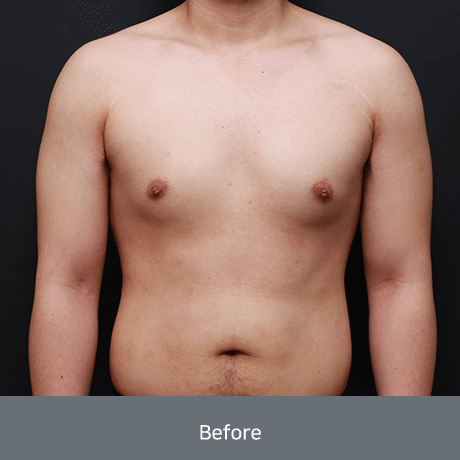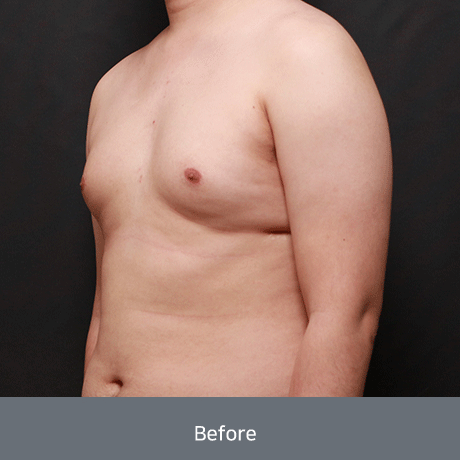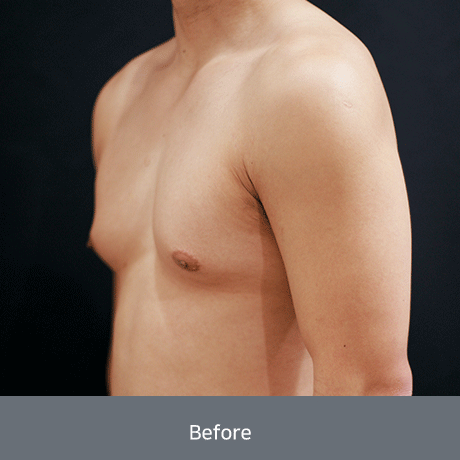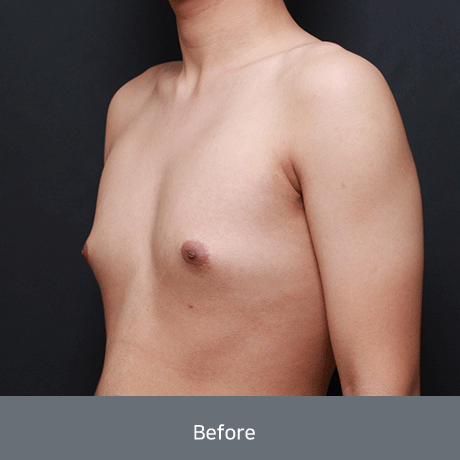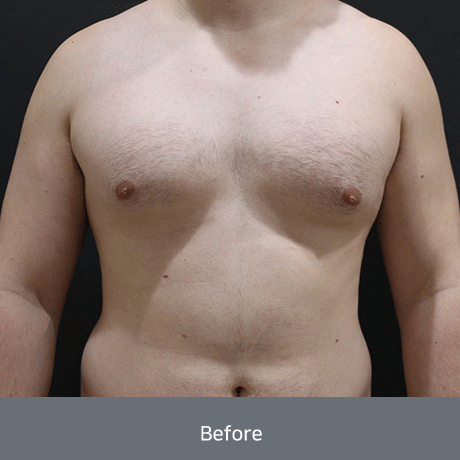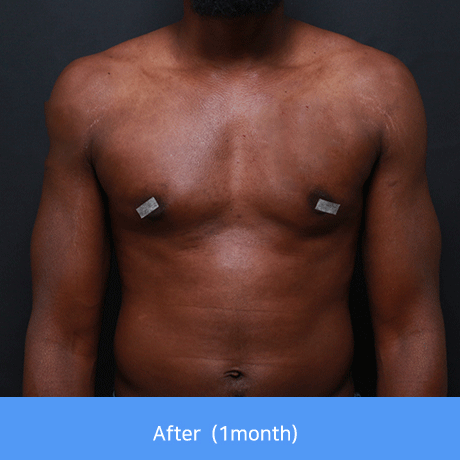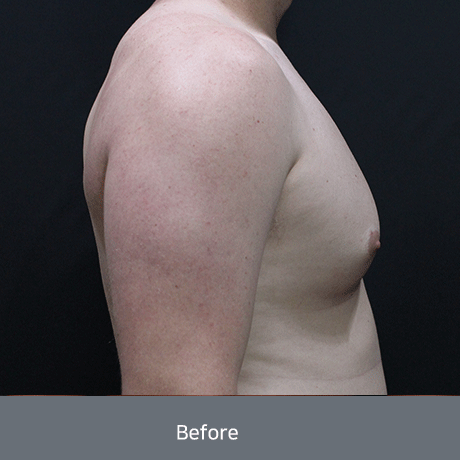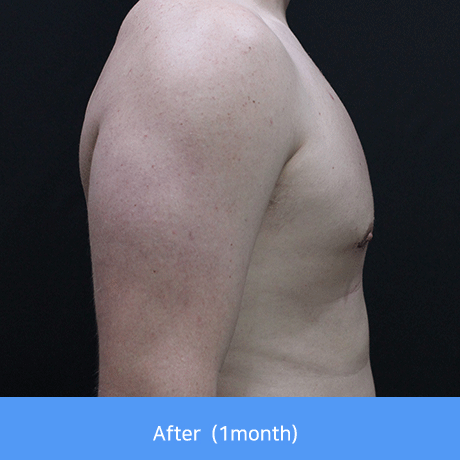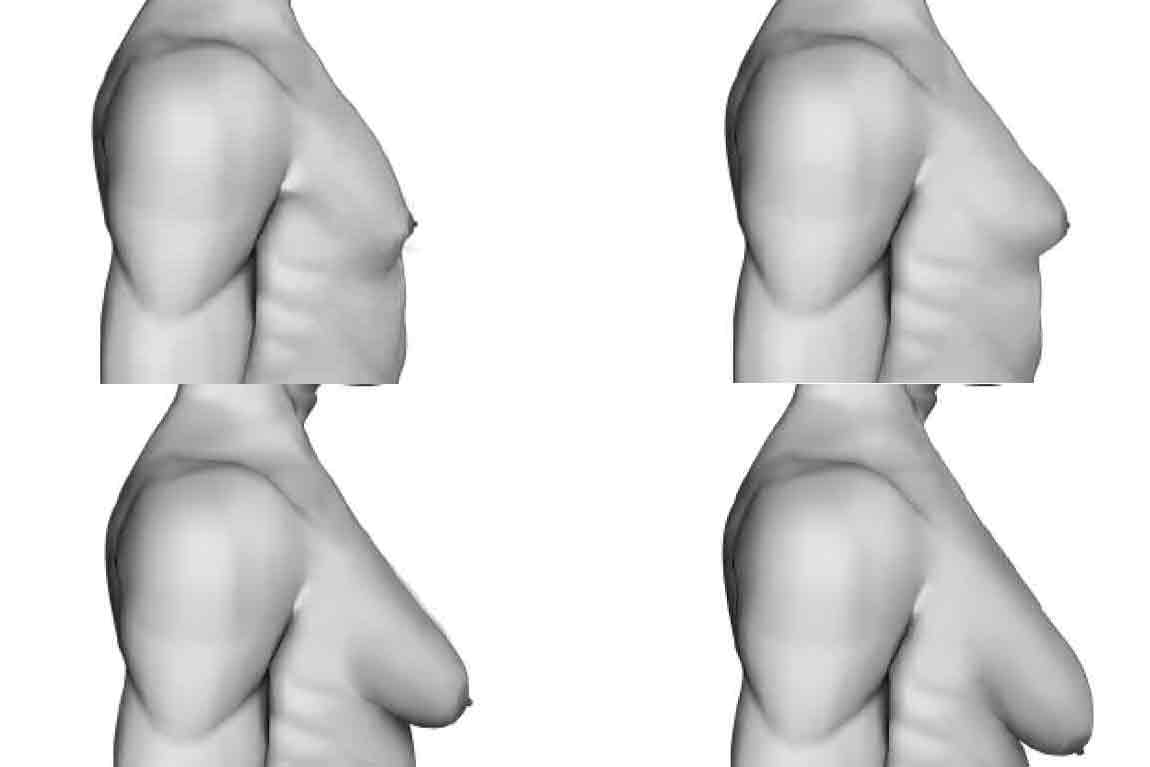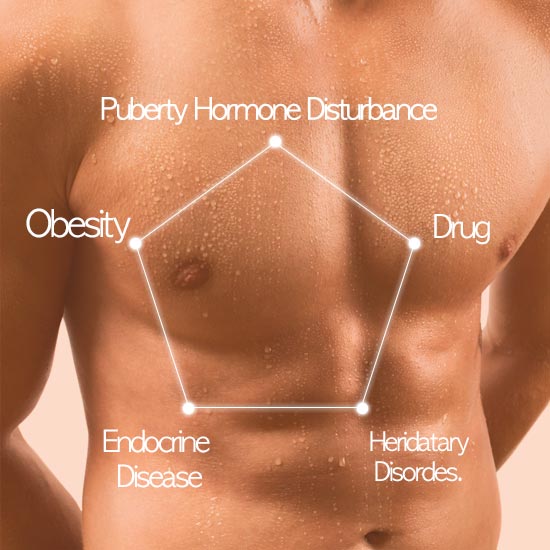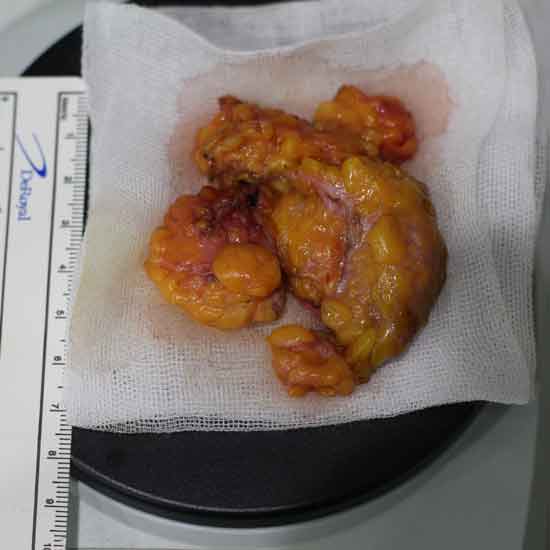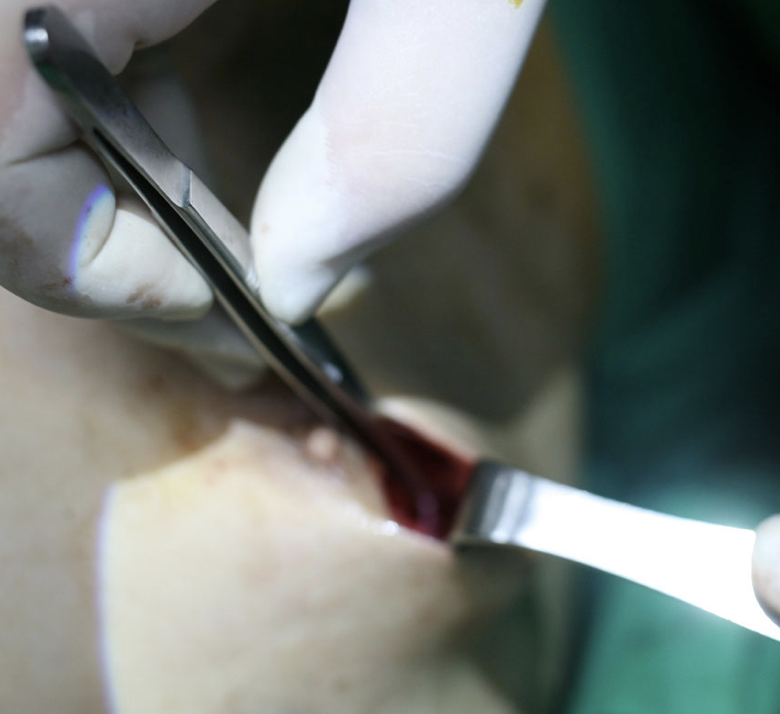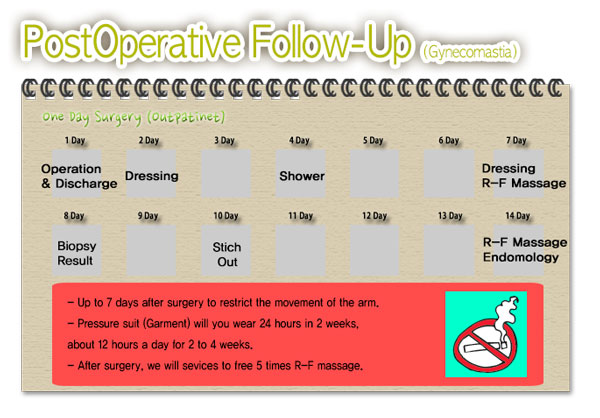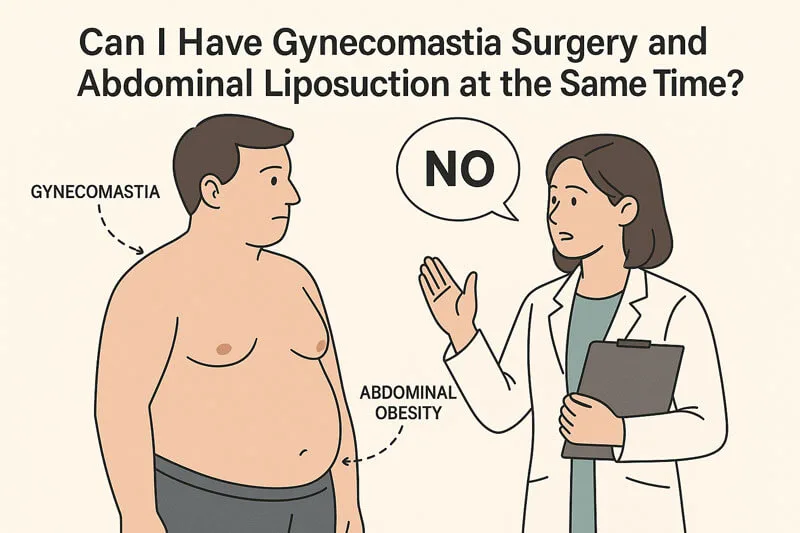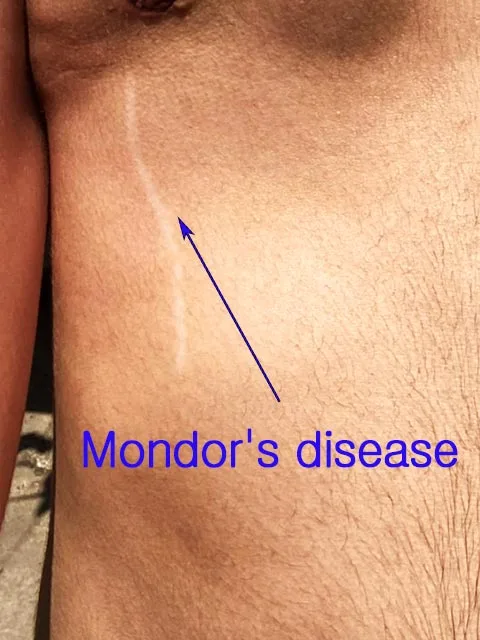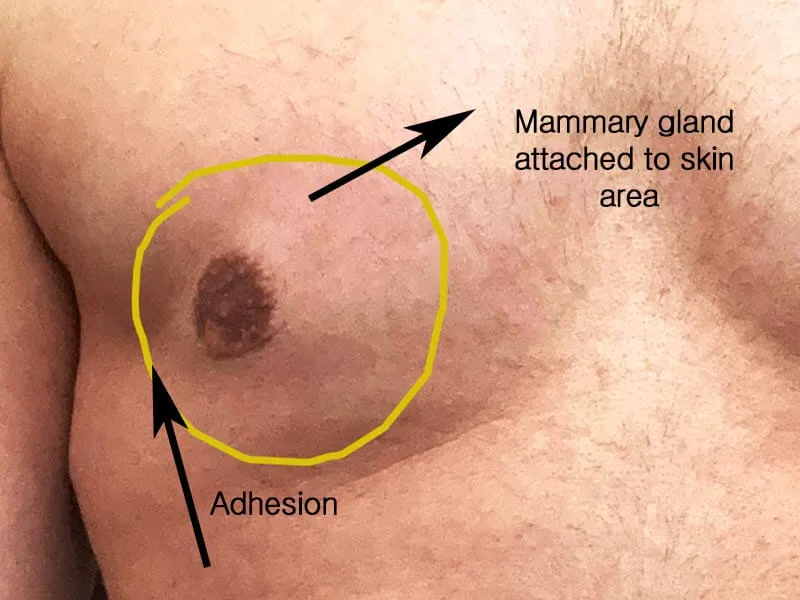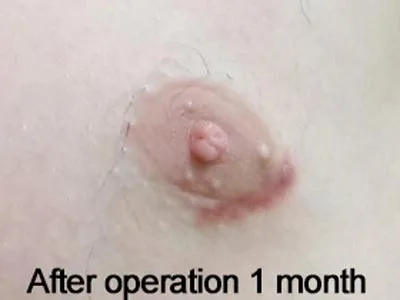EVITA OPERATION
Gynecomastia
At Evita Clinic, Gynecomastia surgery goes beyond simple liposuction.
With direct gland excision and power-assisted liposuction (Lipomatic®),
we build a firm, masculine chest.
This powerful combination removes both gland and fat, carving a strong and natural contour.
By targeting the cause and defining the shape, we cut down the risk of recurrence and complications.
The result is not just correction — it is strength, confidence, and a permanent transformation.


“I decided to go with them so I sent an email and received a quick response. The surgery and care after the surgery went well and I am very happy. It was a great choice..”
Lincoln, Tokyo, WHATCLINIC.COM
Gynecomastia cannot be corrected with chest exercises.
Evita’s Combined Surgical Method for Gynecomastia

PLAN ACCORDING TO YOUR GRADE
Our Prices
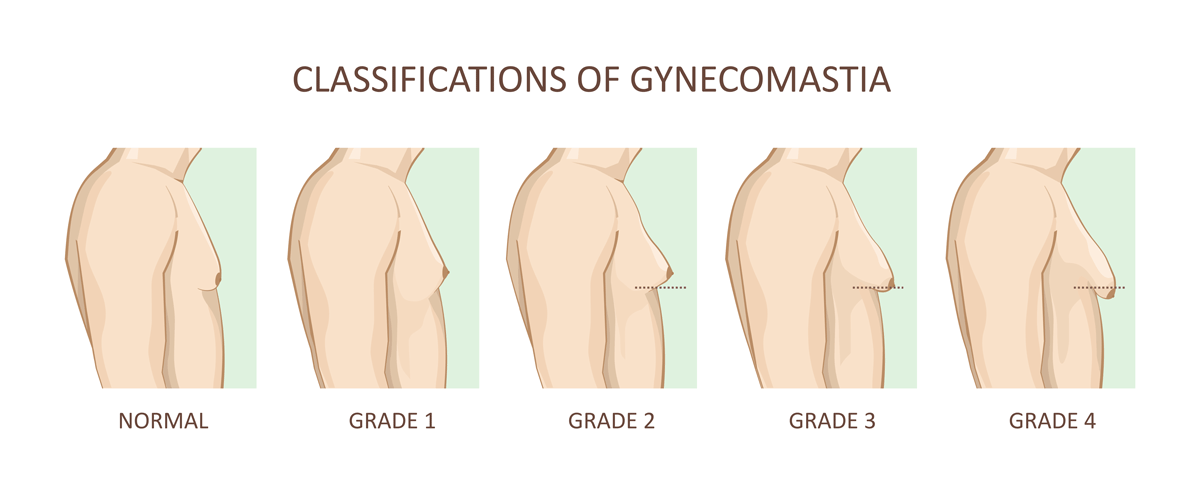
Grade I & II
$2800004,000,000 won(KRW)
- Basic & Common
- Liposuction & Mastectomy
- About 2 hours
- Minimal Skin incision
- Usually, within 3-4 days for Recovery
Grade III & IV
$4200006,000,000 won (KRW)
- Skin Redundancy & Ptosis
- Add Mastopexy with Skin resection
- About 4 hours
- Inverted-T Shape Skin Resection
- At leat, 2 weeks need
Areolar Reduction
$700001,000,000 won (KRW)
- enlarged areola
- Add areolar skin excision
- additional 1 hours
- Circum- arolar Skin Resection
- Possible over 1 week for Revovery

The above picture is a mosaic picture made of glands that we removed from our first 100 patients.
